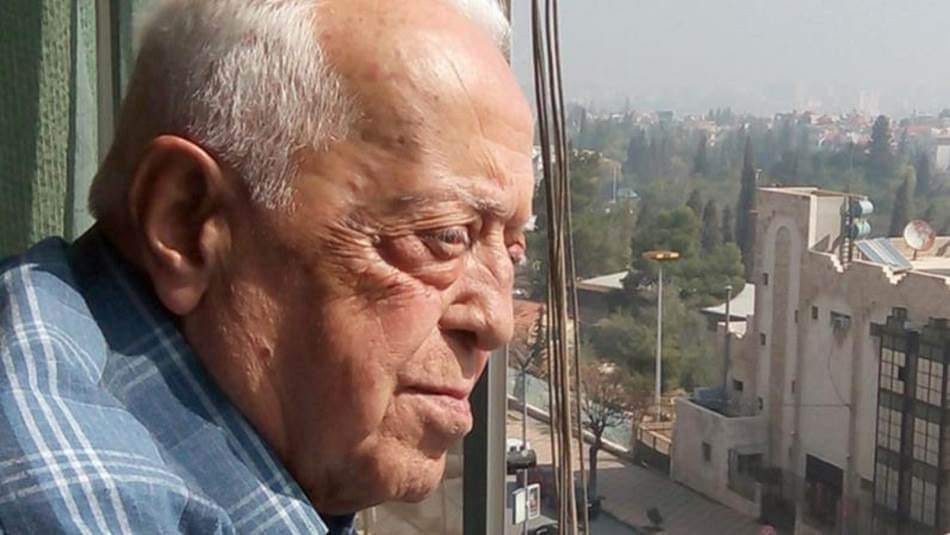On Monday, Syrians bid farewell to the writer and poet Shawqi Baghdadi, who died at the age of 95. He spent his life in the service of Syrian culture and the formation of its contemporary features.
Baghdadi was one of the first founders of the Syrian Writers Association in 1951 and the Arab Writers Union in Damascus in 1969.
Baghdadi was born in Baniyas, a Syrian city on the Mediterranean coast, on July 26, 1928. He graduated between schools in LatTakia and Tripoli in Lebanon before completing his university education in Damascus, obtaining two bachelor’s degrees, one in Arabic and one in education in 1951.
He published fifteen poetry collections, five short story collections and one novel.
Throughout his career, he continued to support young writers and their new creations through the literary platforms he supervised and in which he worked as an editor, both in the cultural revolution in the seventies and in the literary weekly newspaper in the eighties.
He participated in political activities against the regimes of repression and intelligence and was arrested in 1959 at the time of the union between Syria and Egypt, where he spent nine months inside Mezzeh prison. After being released, he returned to his work teaching Arabic in Damascus high schools and continued his political activity.
Baghdadi did not leave Damascus despite the circumstances it experienced due to the bloody war launched by the Assad regime against Syrians after the start of the Syrian revolution. He also participated in supporting the Syrian Writers Association, which was launched after the revolution (2012), and was a member of it.
In 2020, the late poet won the Ahmed Shawky International Poetry Prize in its second session, and the award committee described him as “a poet with a unique and special voice. His text seeks the values of freedom and justice.”
This article was translated and edited by The Syrian Observer. The Syrian Observer has not verified the content of this story. Responsibility for the information and views set out in this article lies entirely with the author.


